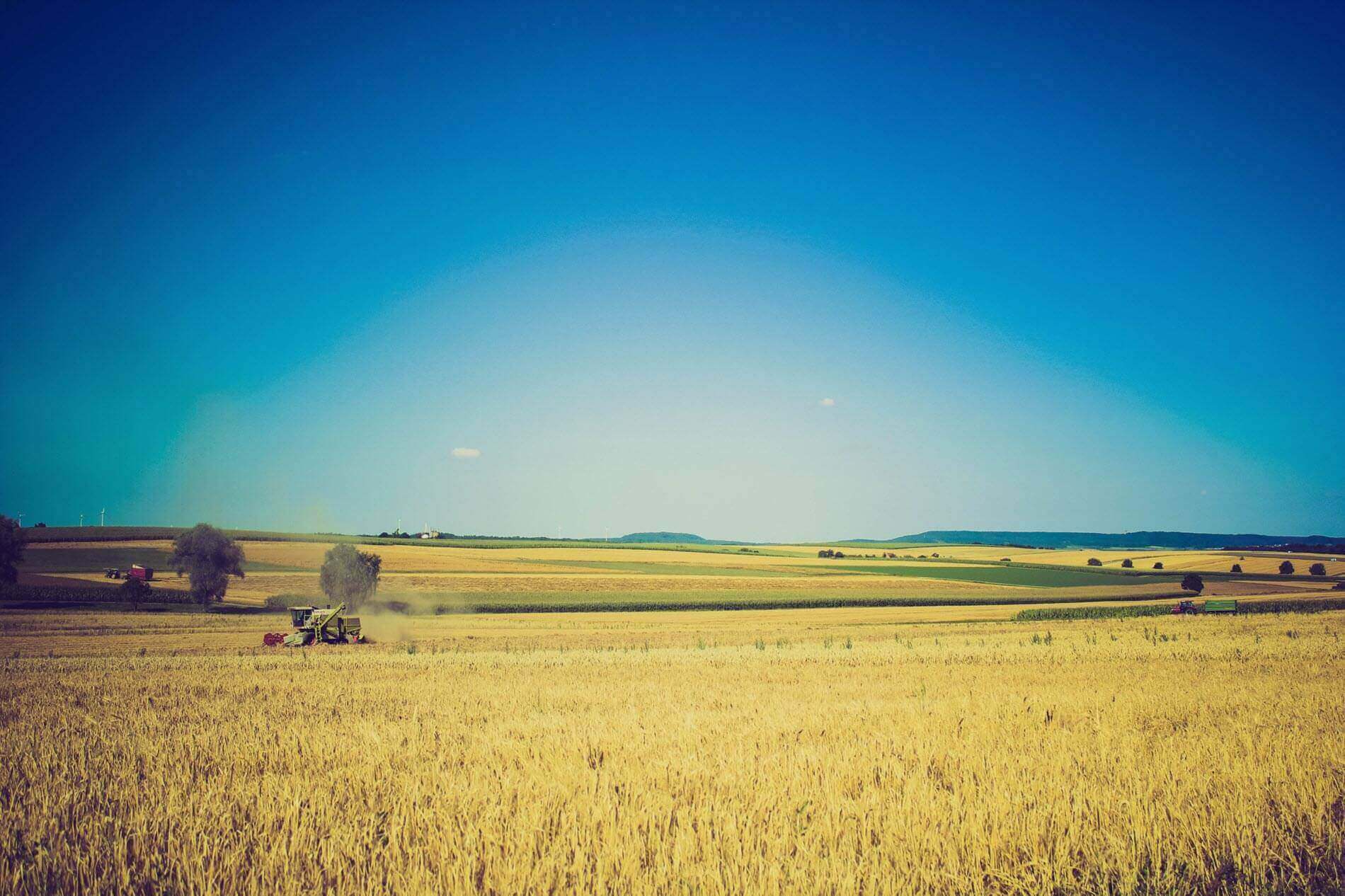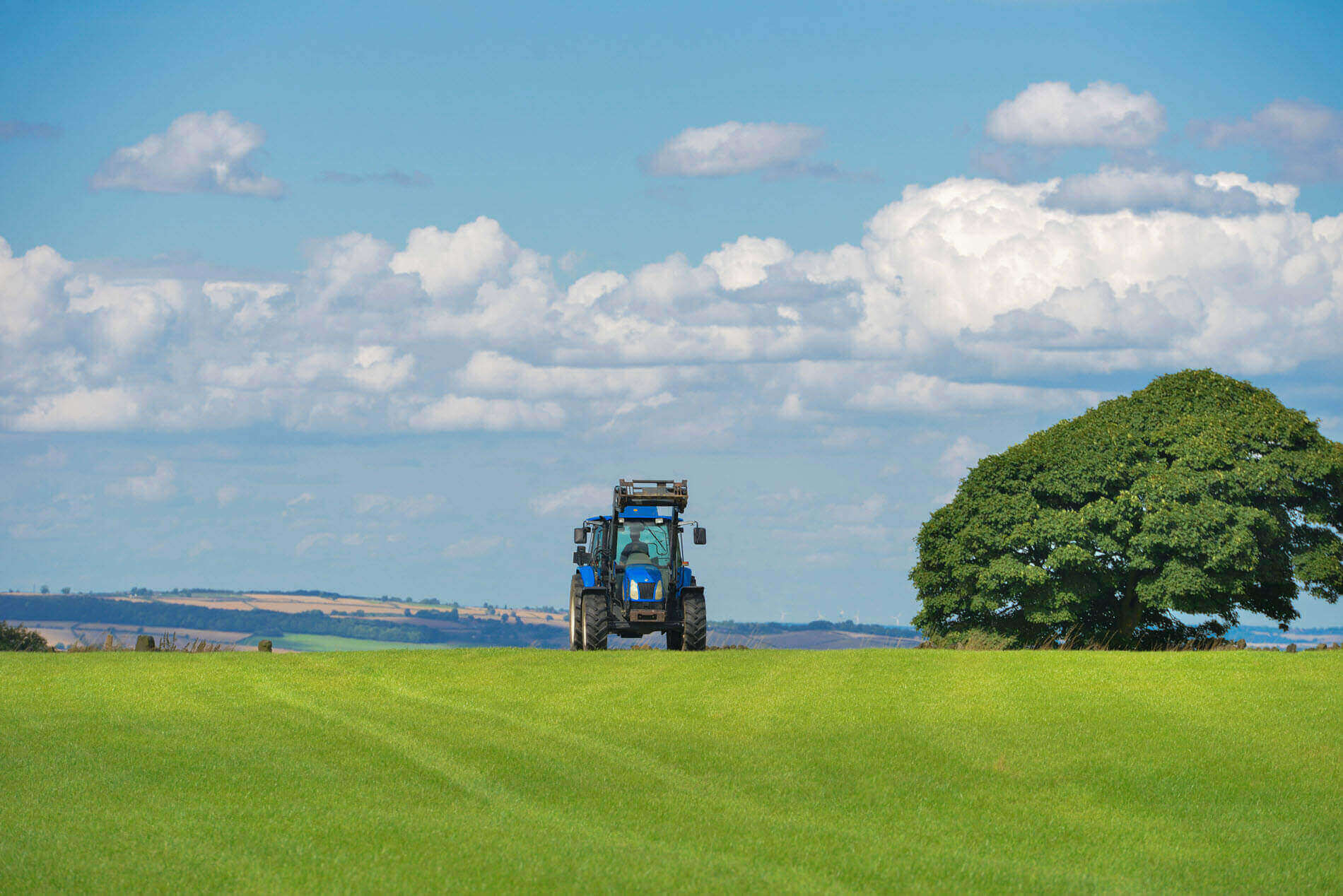The St. Paul’s Pulpit
The Gifts of God for the People of God
A Sermon
Delivered on June 3, 2018, by
Rev. S. Randall Toms, Ph.D. at
St. Paul’s Anglican Church, Baton Rouge, LA
Now before the feast of the passover, when Jesus knew that his hour was come that he should depart out of this world unto the Father, having loved his own which were in the world, he loved them unto the end. And supper being ended, the devil having now put into the heart of Judas Iscariot, Simon’s son, to betray him; Jesus knowing that the Father had given all things into his hands, and that he was come from God, and went to God; He riseth from supper, and laid aside his garments; and took a towel, and girded himself. After that he poureth water into a bason, and began to wash the disciples’ feet, and to wipe them with the towel wherewith he was girded. Then cometh he to Simon Peter: and Peter saith unto him, Lord, dost thou wash my feet? Jesus answered and said unto him, What I do thou knowest not now; but thou shalt know hereafter. Peter saith unto him, Thou shalt never wash my feet. Jesus answered him, If I wash thee not, thou hast no part with me. Simon Peter saith unto him, Lord, not my feet only, but also my hands and my head. Jesus saith to him, He that is washed needeth not save to wash his feet, but is clean every whit: and ye are clean, but not all. For he knew who should betray him; therefore said he, Ye are not all clean. So after he had washed their feet, and had taken his garments, and was set down again, he said unto them, Know ye what I have done to you? Ye call me Master and Lord: and ye say well; for so I am. If I then, your Lord and Master, have washed your feet; ye also ought to wash one another’s feet. For I have given you an example, that ye should do as I have done to you. Verily, verily, I say unto you, The servant is not greater than his lord; neither he that is sent greater than he that sent him. If ye know these things, happy are ye if ye do them. (John 13:1-17)
On the night in which our Lord instituted the sacrament of the Lord’s Supper, he gave them his body to eat and his blood to drink, but he also did something else. He got up from the table, laid aside his garments, wrapped a towel around his waist, and washed the feet of his disciples. Washing someone’s feet was normally the duty of a servant, so, naturally, Simon Peter was shocked and did not want Jesus to wash his feet. After all, the disciples knew that he was the Son of God, their Lord and master. If there was any act that seemed inappropriate, it was this act of their Lord and master doing the task of a menial servant, washing the feet of his dirty and sinful disciples. But Jesus says, in effect, “You call me Lord and Master, and you are right. I am your Lord and master. But I am a different kind of Lord and Master than what you have expected. I am one who stoops to serve.” In Luke 22:37, just as Jesus as has given them the bread and the cup, he says, “For whether is greater, he that sitteth at meat, or he that serveth? is not he that sitteth at meat? but I am among you as he that serveth.” Jesus emphasizes that he came into this world to be a servant. As St. Paul said in Phil. 2: 5-8, “Let this mind be in you, which was also in Christ Jesus: Who, being in the form of God, thought it not robbery to be equal with God: But made himself of no reputation, and took upon him the form of a servant, and was made in the likeness of men: And being found in fashion as a man, he humbled himself, and became obedient unto death, even the death of the cross.” Again, we are told that Jesus took upon himself the form of a servant, and he performed the greatest act of humble service that the word has ever known—he served us, sinful human beings, by going to cross to die our death.”
But I think that sometimes we think that Jesus is no longer a servant. Now, he is king of kings and Lord or lords, so he no longer stoops to serve his people. But that idea is not true. Jesus still takes upon himself the form of a servant and serves his people. We must remember that when Jesus took that towel and washed the feet of his disciples, he was Lord and Master even then. He was, even at that moment, the second person of the Holy Trinity, Very God of Very God, and yet, he was stooping to serve them. When we come to participate in the sacrament of Holy Communion each Sunday, he takes on the form of a servant, and serves us. He comes to each of us and serves us with his precious gifts.
Very often, I pose the question, “Why do we come to church?” Certainly, the primary reason we come is to worship the Lord our God in all his glory and excellency. But we also come because our Lord Jesus is here waiting to serve us. One of the reasons we come to church is to be served by our Lord and Master, and our worship is a response to the love and favor that he shows us in bestowing these gifts upon us.
Think of all the gifts that we receive when we gather to worship God. Our liturgy is a weekly reminder of the gifts that we receive in worship. During Morning Prayer, we pray that the Lord would grant us true repentance. Every day we are reminded that we cannot repent on our own—that repentance is the gift of God. Every service of Holy Communion, we pray over and over, “Lord have mercy, Christ have mercy, Lord have mercy.” What a gift mercy is! We are sinful human beings who deserve nothing but the eternal wrath of God, but God is merciful, so merciful that he gave his only Son to die in our place in order that we might receive that mercy. We receive the gift of forgiveness. Because of what Christ did for us on the cross, we can ask for the forgiveness of all the sins we have committed in thought, word, and deed, and have the assurance that God, for Christ’s sake has forgiven us. We receive the gift of cleansing, knowing that when we eat the bread, our bodies are cleansed by his body, and when we drink the wine, our souls are washed by his precious blood. What a joy it is to know that when we come to the Lord’s table, we come as people who have been cleansed from our sin, cleansed so thoroughly that we can have intimate fellowship with him at his table! We are made one with him, and he is made one with us. This past week I was watching some of the Scripps Spelling Bee, and those kids are truly amazing. They are able to spell so many words that I have never heard of. Most of them, I can’t even pronounce. But the winning word, the last word that the winner spelled correctly was “koinonia,” and I jumped to my feet and said, “I know this one.” I have been preaching on “koinonia” almost my whole life. “Koinonia” is the Greek word for fellowship, and I can even spell it. But this is the word, koinonia, that the Scriptures use to describe the fellowship we have with God and with one another. We receive this gift of “koinonia” when we partake of Holy Communion because we are granted fellowship with God and with one another, because we eat of the same bread and drink of the same cup. We receive the gifts of power and strength, because we receive his body and blood to give us the strength we need to live the spiritual life. Also, during our liturgy we receive strength from the word of God. As you noticed, so much of our service was filled today with the reading of Scripture. Every single word of Holy Scripture is a strengthening word. Then, we hear the preaching of the word by Christ’s appointed servants. Though it is men that read the word to us, and men who preach the word to us, it is Christ himself who is teaching us through his word and his servants. We receive the milk of the word, and we receive the meat of the word so that we might grow and be strengthened. We used to sing an old hymn called, “Brethren, We Have Met to Worship.” One of the stanzas of that old hymn says,
Brethren, we have met to worship
And adore the Lord our God;
Will you pray with all your power,
While we try to preach the Word?
All is vain unless the Spirit
Of the Holy One comes down;
Brethren, pray, and holy manna
Will be showered all around.
Just as I pleaded with you a couple of weeks to pray that all ministers of the gospel will be endued in power from on high, this hymn also pleads with the people to pray with all your power while we try to preach the word, because all our preaching is useless unless the Holy Spirit attends it with power. But when we preach with power, holy manna, the manna of God’s word is showered all around. Holy manna, the gift of God is fed to us as we worship. Christ girds himself and serves us, bestowing on us all these precious gifts and more, more than I could ever enumerate.
We come to worship to receive these gifts from the hand of Christ himself. These gifts are absolutely necessary, for we cannot serve this world unless we receive these gifts regularly. Only after we receive these gifts can we go into this world, minister to the world, serve the world as Christ served it sacrificially, and heal the world. The world is broken. The world has been broken ever since the fall in the Garden of Eden. But because of the continuing effects of sin on the world, the world is more broken than ever. I would have to say that the world is more than broken now—it is shattered, shattered into billions of pieces, and all that seems to be left are splinters and fragments. It seems as though there has been a giant explosion, and all vestiges or morality, decency, and humanity have been blown to bits. But our Lord came into this world to make a new creation, and he is going to use his church to bring into being that new creation where all things will be reconciled to God once again. If we are going to work with God in restoring this creation to what he intended it to be, we are going to need the gifts of God. We are here this morning to receive these gifts that we need to serve him and the world.
What a humbling thing it is to realize that the King of kings and Lord of lords is here, each Lord’s Day, to serve us! Even more humbling is that he will continue to serve us throughout the eternal ages. Heaven, eternal fellowship with God is presented to us in Scripture as a wedding feast. Our Lord Jesus Christ, the host, the master of the feast, will invite us to his table, and we will feast at his table. He will, throughout all eternity, serve us, feed us, with heavenly gifts. In that old hymn, “ Brethren, We Have Met to Worship,” there is a stanza that says,
Let us love our God supremely,
Let us love each other, too;
Let us love and pray for sinners,
Till our God makes all things new.
Then He’ll call us home to heaven,
At his table we’ll sit down,
Christ will gird himself, and serve us
With sweet manna all around.
It is a wonderful thing to realize that Christ girded himself and served his disciples when he instituted the sacrament of Holy Communion. Today, in this place, he will gird himself and serve us. And one day, in heaven, at the eternal, heavenly banquet, he will gird himself and serve us. And I am sure, that we are going to say, “Not so, Lord.” But it will be so. For what is heaven but the continual experience of all the gifts with which he serves his people, especially mercy. For all of heaven will be a continual reminder of the mercy shown to us in Jesus Christ.
In Jesus’ Parable of the Great Supper, we are told about a certain man who prepared a great supper and invited many people to come. The invitation was, “Come; for al things are now ready” (Luke 14:17). As you know, I don’t care much for modern liturgies. That is an understatement. You know what I think about the 1979 Prayer Book. But there is one part of Rite II that I really like. Just before the people come forward, the priest says, “The gifts of God for the people of God.” The bread and wine are the gifts of God for the people of God. That sentence actually comes from Eastern liturgies of the fourth century. It was called the “Sancta sancti,” which means “the holy for the holy,” or “holy things for holy people.” As those words were said, the sacramental elements would be shown to the people, Then, the people responded, “One is holy, on is Lord, Jesus Christ, to the glory of God the father.” Our Prayer of Invocation in our 1928 Prayer Book says, “And we most humbly beseech thee, O merciful Father, to hear us; and, of thy almighty goodness, vouchsafe to bless and sanctify, with thy Word and Holy Spirit, these thy gifts and creatures of bread and wine; that we, receiving them according to thy Son our Saviour Jesus Christ’s holy institution, in remembrance of his death and passion, may be partakers of his most blessed Body and Blood.” The bread and wine are the gifts of God for the people of God, and through them, we become partakers of the blessed Body and Blood of Christ. Christ comes to us and gives his own body and blood. These are the gifts of God for the people of God.
I noticed that on some occasions, when Bishop Grote celebrated Holy Communion, he would use that phrase, “The gifts of God for the people of God,” but he would add a sentence to that. He would add Luke 14:17: “Come, for all things are now ready.” “The gifts of God for the people of God. Come, for all things are now ready.” That invitation to the table is beautiful, because it reminds us that Christ, right now, is inviting us to participate in the supper he has prepared for us so that we might receive his gifts. This sacrament we observe now is a foretaste of the eternal Marriage Supper of the Lamb, when all who are in Christ will be invited, “Come, for all things are now ready.” Why are we here today? We have come so that Christ himself might serve us and bestow upon us all his precious gifts, and we will continue to come, until that last great day when we hear the eternal summons, “Come, for all things are now ready.” Amen.














